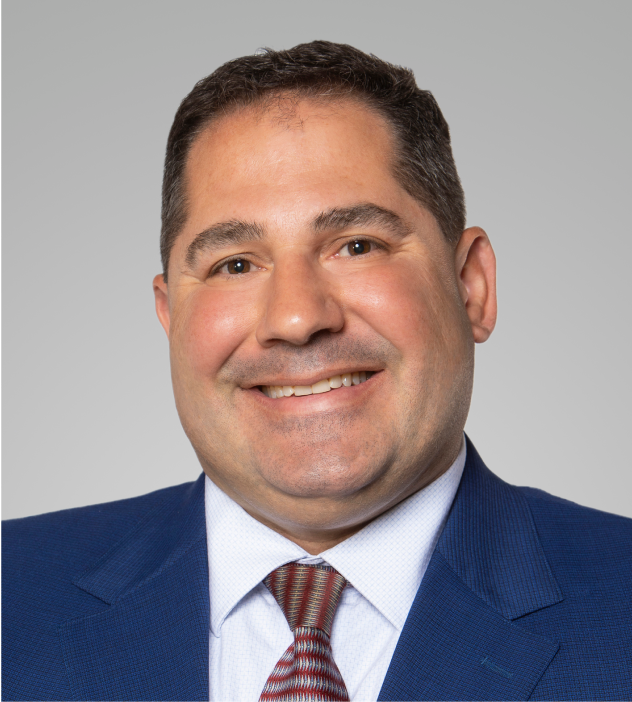
Shortly before the end of 2015, the House and Senate passed the Protecting Americans from Tax Hikes (PATH) Act of 2015, which President Obama signed on December 18. The Act contains considerably more than the typical tax extender legislation seen in prior years. It makes more than 20 key tax provisions permanent, extends others over a period of years before their expiration, and enhances many extenders.
While the calls for tax reform still have not been answered, the Act has provided some certainty on key provisions that greatly affect many businesses each year. Here are three keys areas the Act focuses on.
Research and Development Credits
The research tax credit was a temporary tax measure that had been extended 17 times since its inception in 1981. The PATH Act made the credit permanent, which will provide manufacturing and technology companies a measure of certainty about the benefits they can expect for their investments in innovation.
In addition to permanently extending the credit, the Act adds an important enhancement to the R&D credit for small businesses. Shareholders of flow-thru entities such as S-corporations that are considered eligible small businesses (they meet the less than $50 million in gross receipts test) will now be able to use the credit to offset the alternative minimum tax (AMT) for tax years beginning after Dec. 31, 2015, thereby allowing them to derive cash benefits from the credit where they’ve been unable to do so in the past.
Section 179 Expense and Bonus Depreciation Limitations
Businesses that are capital-intensive and generally purchase large numbers of fixed assets from year to year have always counted on the Section 179 and Bonus Depreciation expense provisions to immediately expense these capital expenditures.
The new Act has made Section 179 expensing permanent for tax years beginning after Dec. 31, 2014. Section 179 expensing is now set at $500,000 and will be indexed to inflation in $10,000 increments for future years.
Bonus Depreciation has also been extended through 2019, with a reduced phase-out for the deduction. Therefore, taxpayers who place new fixed assets in service before the following dates will have bonus depreciation available in the following amounts:
Dec. 31, 2017 – 50 percent Bonus Depreciation
Dec. 31, 2018 – 40 percent Bonus Depreciation
Dec. 31, 2019 – 30 percent Bonus Depreciation
The Act has also enhanced the definition of property subject to Section 179 and Bonus Depreciation to allow more taxpayers to expense leasehold improvements under this provision.
Shortened S-Corp Built-In Gains Holding Period
S-corporations that converted their businesses from a C-corporation in the past 10 years had to deal with the unfortunate circumstance of recognizing any unrealized gain on the sale of assets existing at the time the business converted. This resulted in double taxation of the business and its shareholders, which was a sizable tax to deal with when the business was sold.
Under the new Act, this built-in gain recognition period has been permanently extended and shortened to only five years. This provision is effective for tax years beginning after Dec. 31, 2014. Therefore, businesses that converted to an S-corporation more than five years ago are no longer subject to this built-in-gains tax. This is good news for companies in this situation that are looking to sell over the next few years or are contemplating a conversion to an S-corporation.
While there are many other tax provisions included in the Act that have not been addressed here, these are the critical ones that will affect many small to mid-sized privately-held businesses over the next few years. The Act provides the certainty they have been looking for to properly tax plan in their businesses. Taxpayers should work to understand how the Act will impact their businesses and take steps to proactively plan major cost expenditures for the future.
Carlo R. Ferri can be reached at Email or 215.441.4600.
You may also like:


